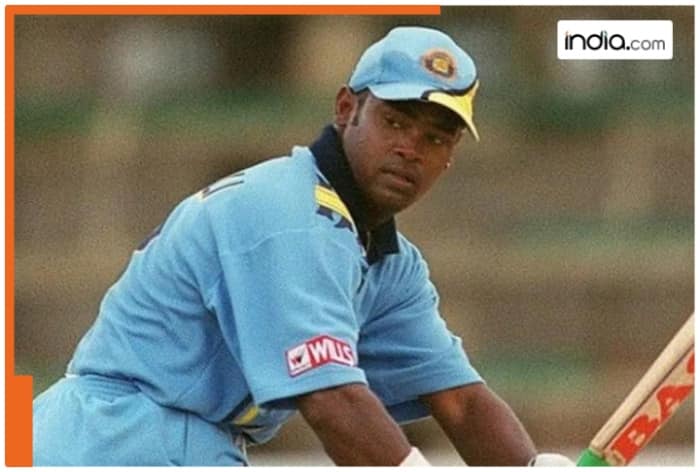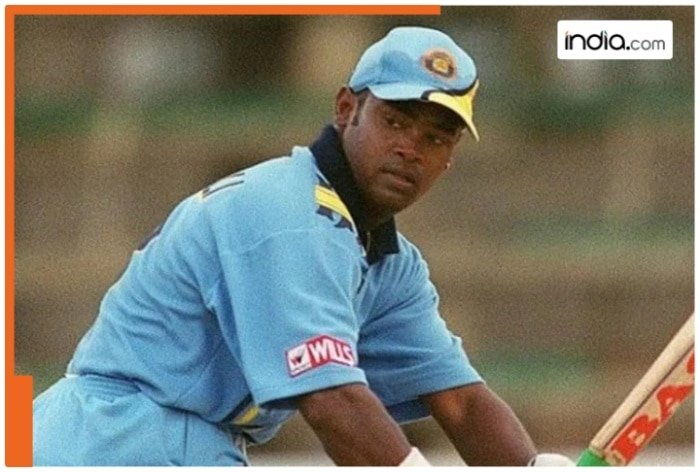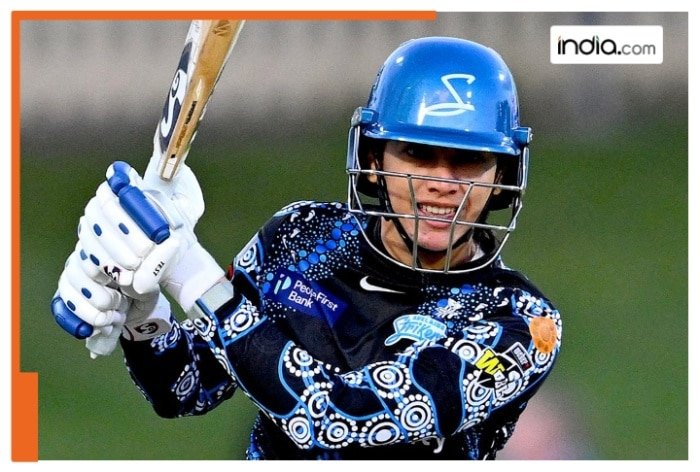Lou Vincent, a promising name in the world of cricket, sadly experienced a career collapse fueled by depression and participation in match-fixing. This led him to financial struggles and troubles in fulfilling even his essential needs.

New Delhi: Vinod Kambli, a name well-known in the cricketing circles, is currently capturing attention not for his cricketing skills but rather different circumstances. Once glorified as a rising star and a role model, his career took a hit due to numerous hurdles. Now, Kambli’s health has severely declined, making even basic tasks such as walking and speaking a challenge for him.
A cricketer has dribbled into the limelight lately, facing uphill struggles that dwarf those of Kambli. The sportsman knocked a century straight off the bat in his maiden Test match against Australia and ended his last home tour with a staggering 224 runs. Sadly, he is now in such crying financial straits that even simple necessities such as shoes and a tie are a luxury beyond his reach.
Lou Vincent, a celebrated cricketer from New Zealand, came under the cloud as he confessed his involvement in match-fixing during the late 2000s, around the time of the now non-existent Indian Cricket League. At that time, he found companionship and a sense of belonging in a group embroiled in match-fixing amidst his battle with depression. Vincent, with the tallies of 23 Test matches and 108 One-Day Internationals for New Zealand, was slapped with a lifetime ban by the England and Wales Cricket Board in 2014 for his match-fixing misdeeds. Yet, in an unexpected turn of events, his ban was partially lifted last year, paving the way for his return to domestic cricket.
Examining the career of this cricketer, who is now 46, he began his professional stint on a high note, scoring a century in a Test match against the notorious Aussie team of the early 2000s, under Steve Waugh’s captaincy. He further solidified his reputation with an astounding score of 224 runs in his last outing on the home ground. But life swung a curveball at him, as he battled depression and found himself embroiled in a match-fixing scandal, putting an abrupt end to his global career at just 29. Speaking to *The Telegraph*, he acknowledged how his formative years strongly moulded his temperament and guided his career trajectory.
He said, “I wasn’t mentally strong enough to become a professional cricketer. That’s why, at the age of 28, I was in deep depression, and then I went to India, where I was pushed into the world of match-fixing.” Vincent added, “It felt like I was part of a gang. It almost made me feel better because I was thinking, ‘I’m part of a match-fixing syndicate, I’m with a group that will have my back, and no one knows about us.’”
Due to his difficult family background, Vincent was always seeking emotional support around him, and eventually, he found that support in the corrupt world of match-fixing. He is currently involved in New Zealand players’ association’s anti-corruption education initiative. He said, “I raised myself from the age of 12, so I was always susceptible to the influence of those around me. I wanted love, and that’s why I was easily led astray.”
However, Vincent began to realize the dangers of being part of a match-fixing syndicate. He explained, “Once you’re part of that world, getting out is not easy. There is always a danger because they know you and your family very well.” He also shared that at the age of 27, he had thoughts of taking his own life.



